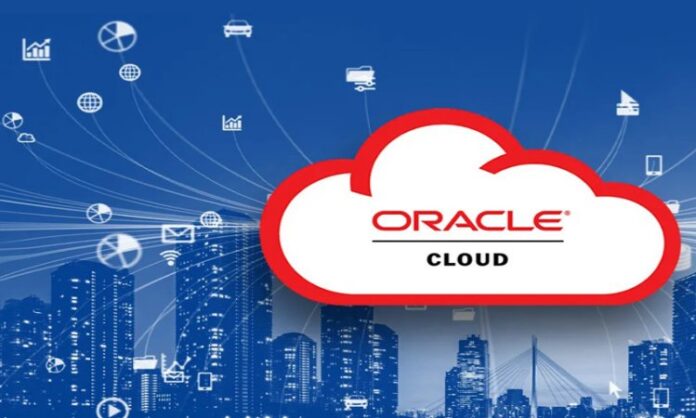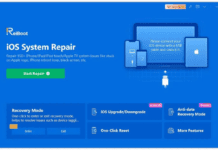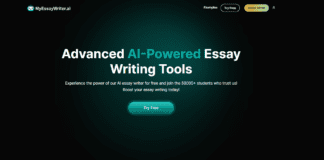Industries in the US are now moving from on-premises warehouses to cloud databases. The reason why they’re doing this is to handle increasing data volumes, deliver faster analytics, control costs, and support real-time activities. Modernizing database platforms isn’t optional for businesses anymore; it’s mandatory, especially if they want to stay ahead of their competitors.
Data Modernization Defined
The meaning of data modernization can be three things: migrating legacy data to modern platforms, integrating diverse data sources so information flows freely, and transforming analytics so teams get the insights they need. That means moving databases, rethinking ETL/ELT, introducing data catalogs and governance, and enabling analytics workflows, from BI dashboards to machine learning pipelines.
How Oracle Cloud Consulting Enables This Transition
Expert consultants make strategies into something that is actually doable. Through architecture design, phased migration, and automation, consultants take care of the firm’s old systems like inefficient patchwork systems without affecting present-day operations. Firms that offer Oracle cloud consulting services usually help with:
- They assess the current situation and build a roadmap to help migrate everything.
- They help you choose the right Oracle Cloud Database option, something that fits in with your workload patterns.
- They restructure applications so they can run efficiently on the cloud server.
- They help us implement data integration patterns and create secure pipelines that are also automated.
- They help us establish governance and performance testing to help us avoid any unnecessary surprises.
Partnerships with specialist teams like RalanTech make it easier for in-house teams to use new operational models while reducing risk.
Key Benefits
- Scalability- Cloud databases let organizations scale storage easily, so an increase in traffic or huge analytical workloads doesn’t need costly or permanent solutions.
- Automation- By using automation to help set the business up, database changes, and data workflow, helps the business saves a lot of time and money. This way, you avoid mistakes and get better results.
- Performance optimization- They optimize databases and choose the right cloud setup to help with either transaction-heavy or data-driven processes.
- Cost predictability- If you allocate your resources smartly and plan your workload accordingly, then you can save huge costs on cloud servers, without sacrificing compliance.
- Better analytics- Once the data is properly managed, analytics teams can create better dashboards, build trustworthy machine learning models, and give users easy self-service access without any long delays.
Common Migration Challenges and Solutions
- Challenge: Legacy complexity.
Solution: You should use a phased approach. Start off by migrating low-risk databases.
- Challenge: Downtime.
Solution: You should be running hybrid environments side by side to make sure there’s no loss in productivity.
- Challenge: Security and compliance.
Solution: Introduce role-based access and audit trails every day, and align designs with regulatory needs. - Challenge: Skill gaps.
Solution: Use an expert consultant team to help provide our internal teams with the knowledge they need.
Modernizing databases isn’t just about technology; it’s also about modernizing the people and their processes. Oracle Cloud Consulting provides all the necessary tools for us to confidently move into cloud database servers. With the right partner, businesses can transform data from a hindrance to a huge asset.










